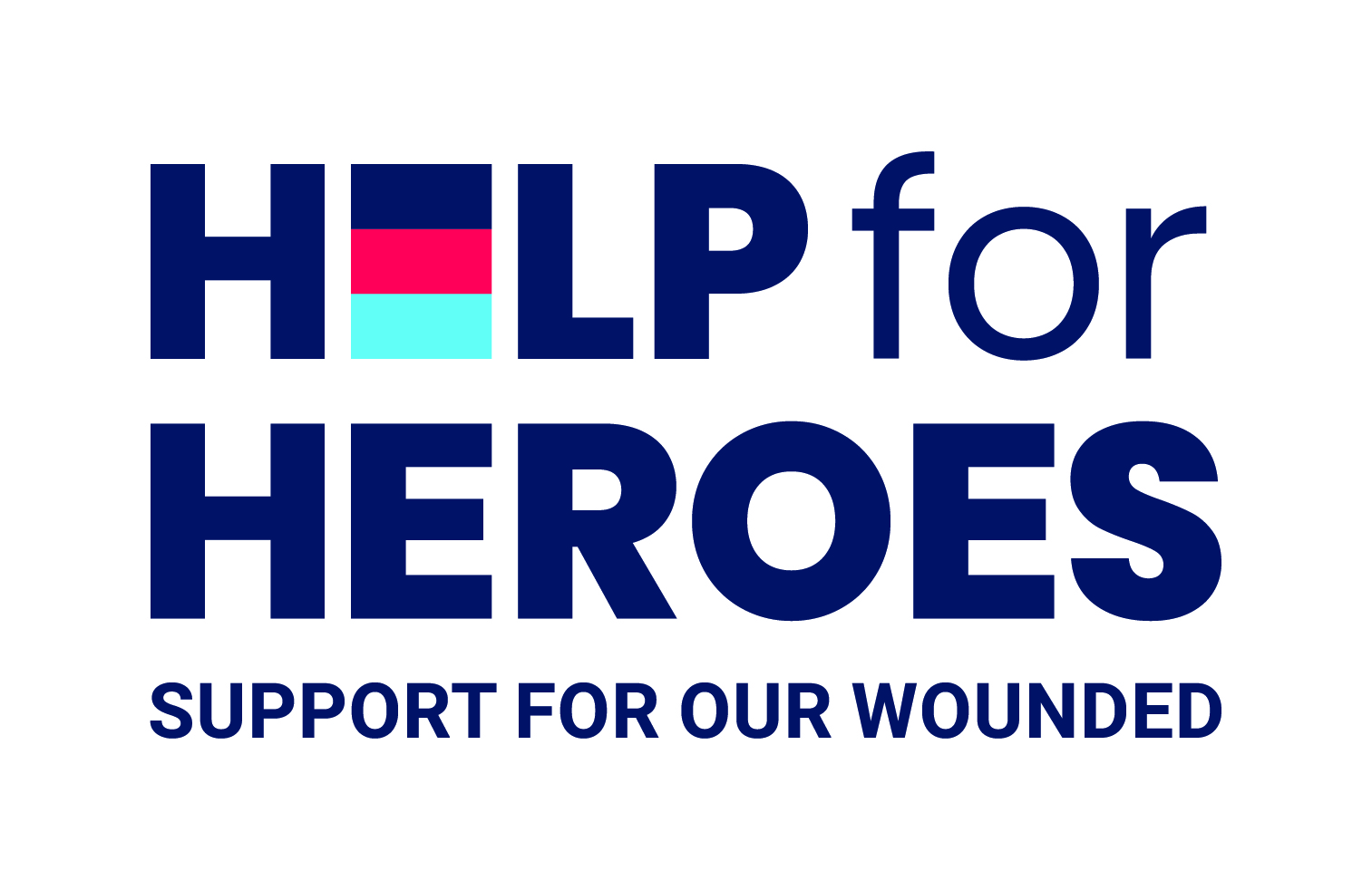Help for Heroes has been delighted by the positive feedback from veterans taking part in their online Recovery College this year. The first programme of its kind developed with and for the veteran community, aimed specifically at wounded, injured or sick veterans and their families, it is modelled on NHS Recovery Colleges, where the focus is on health and wellbeing rather than academic qualifications.
Gerald Almond attended the “Being Anxious, Feeling Worried” course in February said it was a “very professionally and well-presented course. Run with enthusiasm and knowledge.”
Greg Power said,
“I found this course was a breath of fresh air.” The “Preparing to Take Positive Action” course “was run at a perfect pace and although we were all on Teams it felt that we were a class. H4H should be justly proud of it.”
Recovery Colleges offer educational courses about mental health and recovery and are designed to increase students’ knowledge and skills to help them feel more confident in the self-management of their own mental health and well-being. All courses are co-designed and co-delivered by experts by training and experts through lived experience of the condition or illness.
There is no pass or fail in the world of Recovery Colleges. Students are encouraged to take part in a range of modules, designed to empower veterans and their families to achieve their recovery and life goals.
To date 40 Help for Heroes Recovery Staff have achieved the City and Guilds Level 2 Trainer Skills qualification, and the charity was the first organisation in the country to gain approval to deliver the qualification virtually. The course enables staff to co-deliver modules on subjects including “What is Recovery”, “Being Anxious, Feeling Worried”, “The Art of Sleep” and, “Wellness Action Plan”.
The Help for Heroes Recovery College officially launched in September 2019 with pilot courses at Tedworth House. The charity planned to roll out further face to face delivery through 2020, but the Covid pandemic meant the team had to adapt their resources and in July, working with the Hidden Wounds and Occupational Therapy teams, produced ten Self-Help Guides which are available online.
Course Development Lead Mike Lee was instrumental in setting up the Recovery College. With a military background of over 30 years, he knows first-hand the challenges veterans face.
Mike says:
“Recovery is about finding ways to live a secure, healthy and fulfilled life, despite the challenges of an ongoing injury or illness. When someone’s military career comes to an end due to medical reasons, the future can seem overwhelming. This is why we created our Recovery College.”
The Recovery College team has grown with 6 veterans and family members now employed as Peer Support. Their insight and lived-experience provide credibility and context for those taking part in the courses and in turn gives students the hope, control and opportunity to achieve their recovery aims.
Mike says
“All our courses help our students take steps in their recovery journey, to put them in control of their future. These are educational recovery courses, rather than vocational courses that lead to qualifications.”
“The team has been working hard to deliver most of our courses virtually, in order to reach the greatest number of students without geographical barriers, and we are currently working on different ways of achieving the same reach face to face, as the Coronavirus restrictions lift, whilst continuing with virtual delivery.”
The Help for Heroes Recovery College is supporting our wounded veterans and their loved ones at a time when many of them need us more than ever. In the same way that everyone has had to adjust to a new normal, our veterans have the added complexity of continuing to deal with their physical and mental health conditions under these difficult circumstances.
“The team and I are excited to see the difference our courses are making to the lives of our veterans and their families,” Mike says.
What makes the Help for Heroes Recovery College unique is the fact that courses are co-produced by veterans for veterans, with our Recovery colleagues, and that our students have both mental and physical health challenges. The expertise of staff and the experiences of veterans allows for a blend of different ideas and perspectives within a course. It ensures the College remains student focused, and Help for Heroes can listen, respond, and involve students in supporting the recovery journey of others.
The charity is currently providing access to the Self Help guides freely on their website https://www.helpforheroes.org.uk/get-support/recovery-college/.
Prospective students can access the Recovery College here: https://www.helpforheroes.org.uk/get-support/get-support-today/ which will take them through the charity’s sign-up processes. This ensures that the charity can provide the best possible support for the recovery journey, addressing recovery needs and subsequently signposting to the Recovery College.
Course planned for the Autumn term are:
- What is Recovery?
- Setting SMART Goals
- Nutrition – Better Food, Better Nutrition, Better Life
- The Art of Sleep
- Mind, Mood & Body
- You, Me & Anger
- Being Anxious, Feeling Worried?
- Creating, Developing and Maintaining a Wellness Action Plan
- Financial Wellbeing
- Preparing to take Positive Action
- Living with Low Mood and Depression
- Expression: Making Sense of Me



















